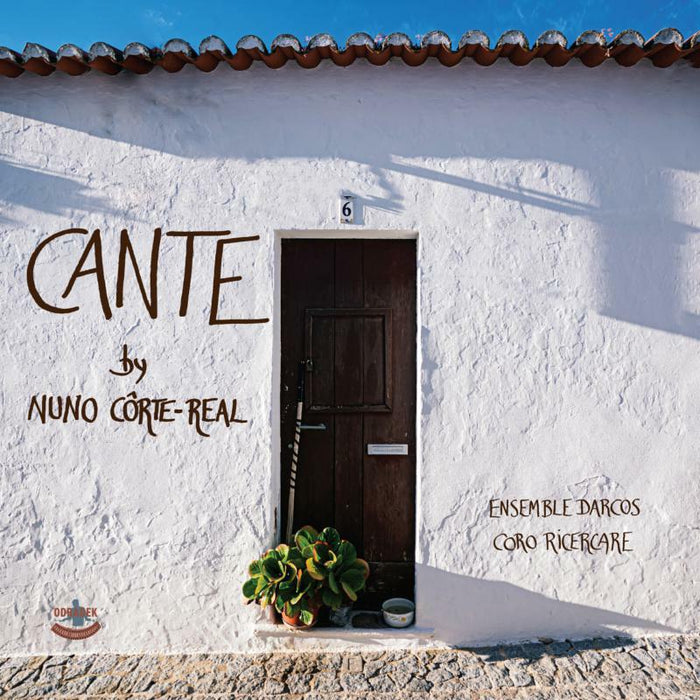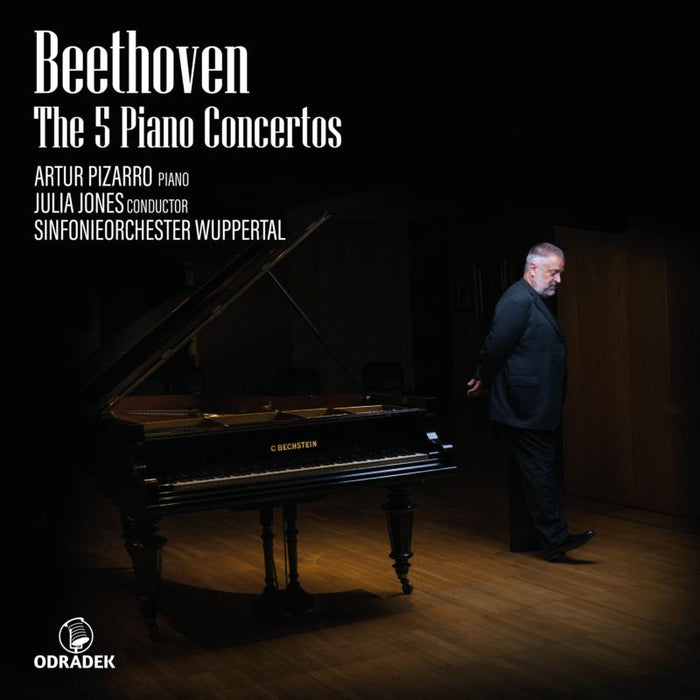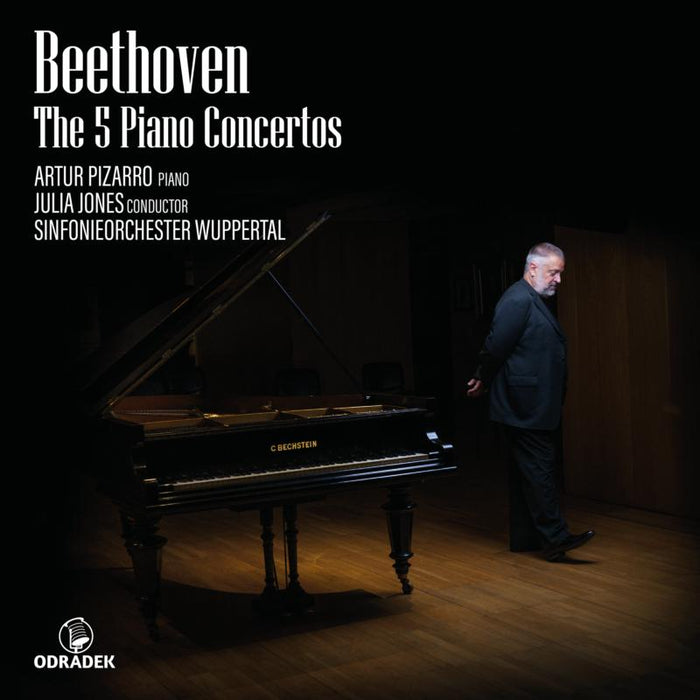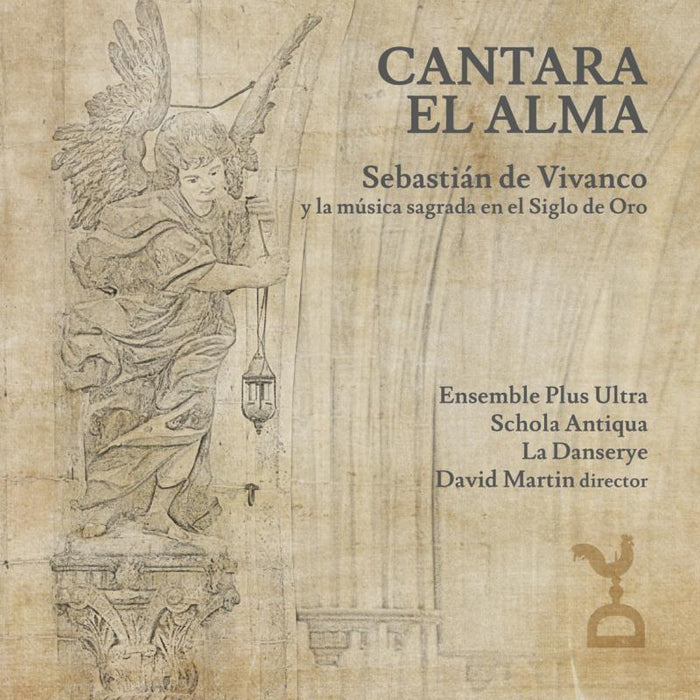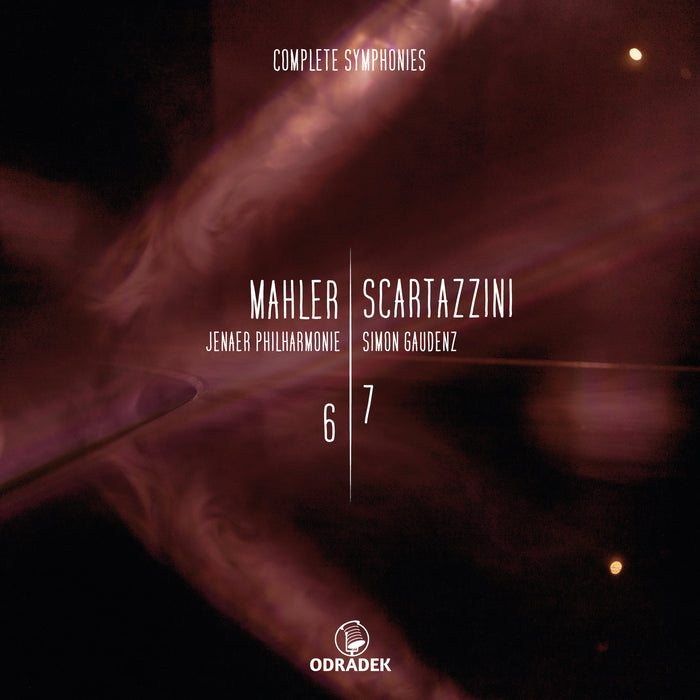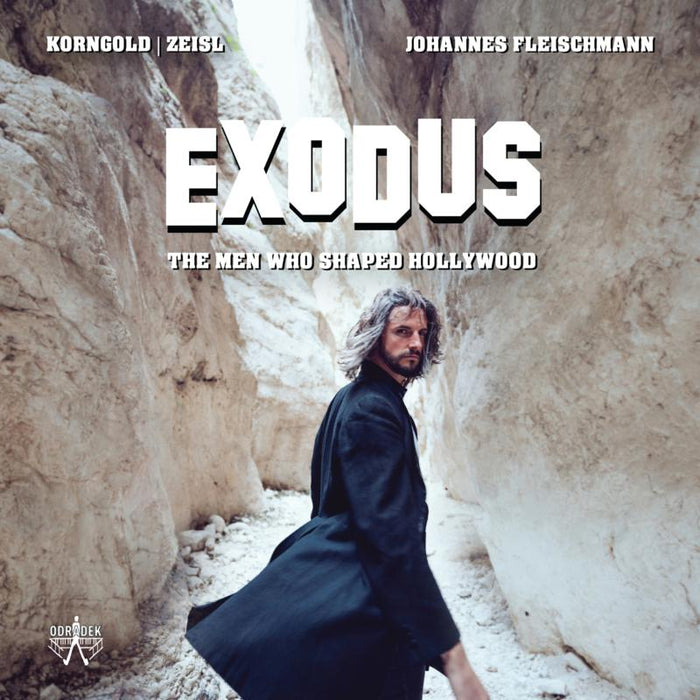Description
Versatile Spanish pianist Leopoldo Erice offers fresh new interpretations of Beethoven's final three piano sonatas, Nos 30, 31 and 32, in which the composer stretched the boundaries of convention to breaking point. Erice performed these works to mark Beethoven's 250th anniversary celebrations in 2020, alongside a talk entitled 'Beethoven's Deafness: from Silence to Creation'.
Leopoldo Erice, who grew up in Spain and is now resident in Canada, has deep and lifelong love of Beethoven's music, which has come to fruition in his roles both as an academic and as an award-winning pianist. His approach to these three great sonatas is to perceive them through the filter of Beethoven's deafness, which was complete by the time he composed these sonatas, but, crucially, regarding that deafness not as an impairment as much as a means to an exceptionally rich inner music that found an outlet in works such as these.
The Sonata No. 30 opens with a movement that shifts between the improvisatory and the lyrical, followed by a virtuoso movement of great momentum. For the theme and variations that follows, Beethoven employs an innovative range of textures, culminating in a breathtaking extended trill. A sense of spontaneity also pervades the opening movement of the Sonata No. 31, which has a second movement of subtle wit in which Beethoven wrong-foots us with rhythmic intrigues. The final movement is, as Leopold Erice puts it in his liner notes accompanying this release, 'kaleidoscopic', embracing 'multiple colours, textures and emotions'.
As for Beethoven's last Piano Sonata, No. 31, for Leopoldo Erice this work encapsulates Beethoven as 'a composer who is a romantic, revolutionary, and futuristic artist' all at once. In the opening movement, Beethoven draws on the Baroque French overture style, but pushes both the style and the pianist to the limit with his unveiling of its possibilities. Another revolutionary aspect of this work is that it is cast in only two movements, the second of which is hugely ambitious. A serene theme is transformed into an extraordinarily wide-ranging set of variations, spanning hypnotic stasis and rhythmic ingenuity, and ending not with a bang but with a whisper. Erice's profound understanding of these works is palpable both in his writing and in this recording, which represents an essential new exploration of these endlessly fascinating sonatas.


